Whether you’re recording someone else singing or recording yourself, a lot can go wrong. Some of the best songs you’ve ever listened to weren’t easy to record or produce. How amazing they sound is a direct result of how hard the producer worked during both the recording and production phases. Still, there are some essential things every good producer knows to avoid. To make your life easier and your recording sessions more productive, make sure you aren’t making any of these ten common mistakes:
Using the wrong microphone
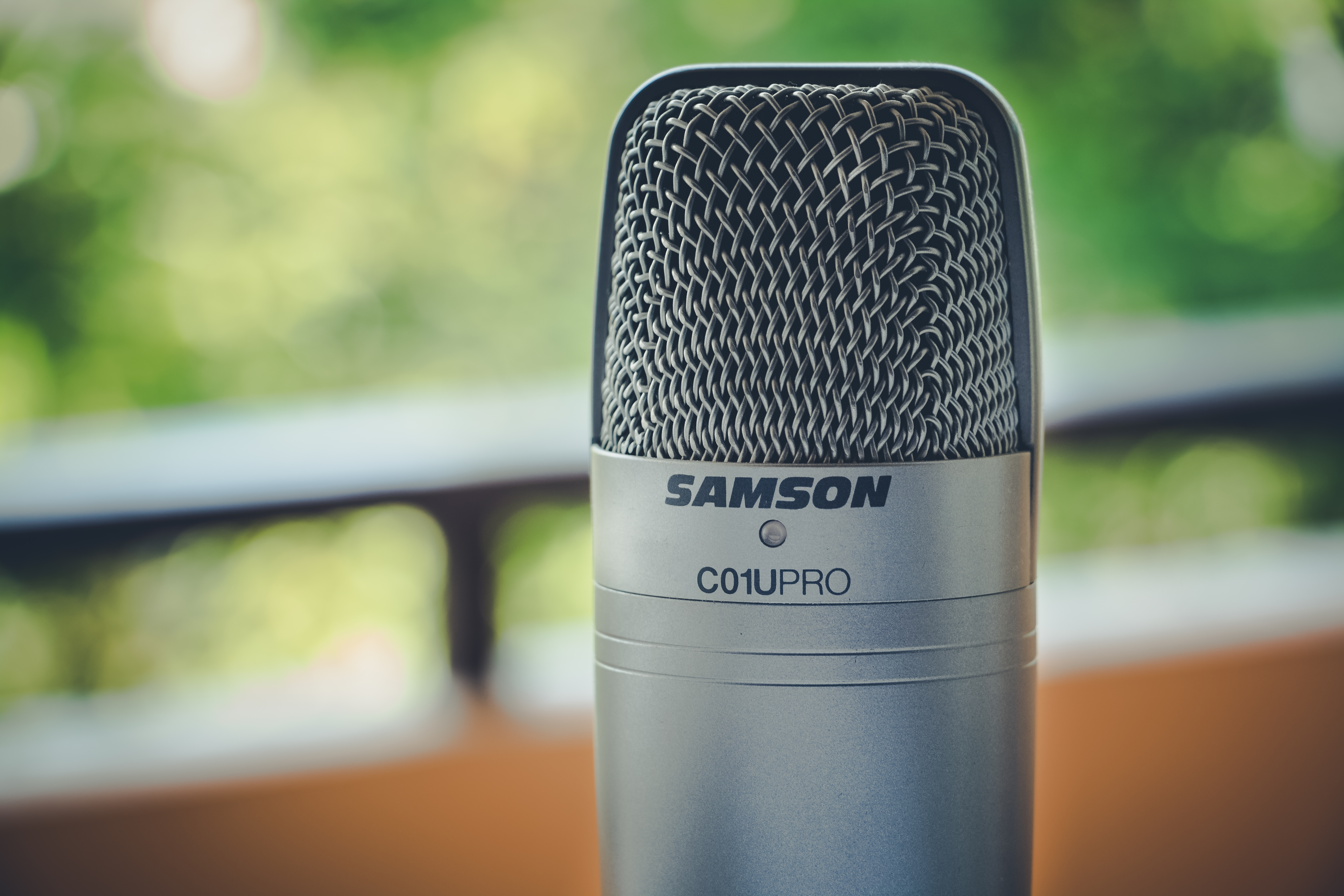
It’s absolutely essential that you invest in a high-quality large condenser microphone made for your home studio recordings. You don’t have to break the bank and buy a Neuman U87. However take time to research a decent enough mic as it can make or break a good vocal performance. Over time you’ll need to build up a couple of different miss to serve varying needs. Top music producers always have several microphones on hand. Some microphones sound better with certain vocalists, and having a few options available can be a boon.
Setting up equipment in the wrong room

Poor mic positioning

If your vocalist is too far or too close to the microphone, sound quality is going to be seriously affected. Experiment with microphone positioning until you are able to achieve the best quality sound with your vocalist. This will differ slightly based on microphone and voice, so experimentation is a must. Remember that the angle of the microphone also makes a big difference.
Not doing enough takes
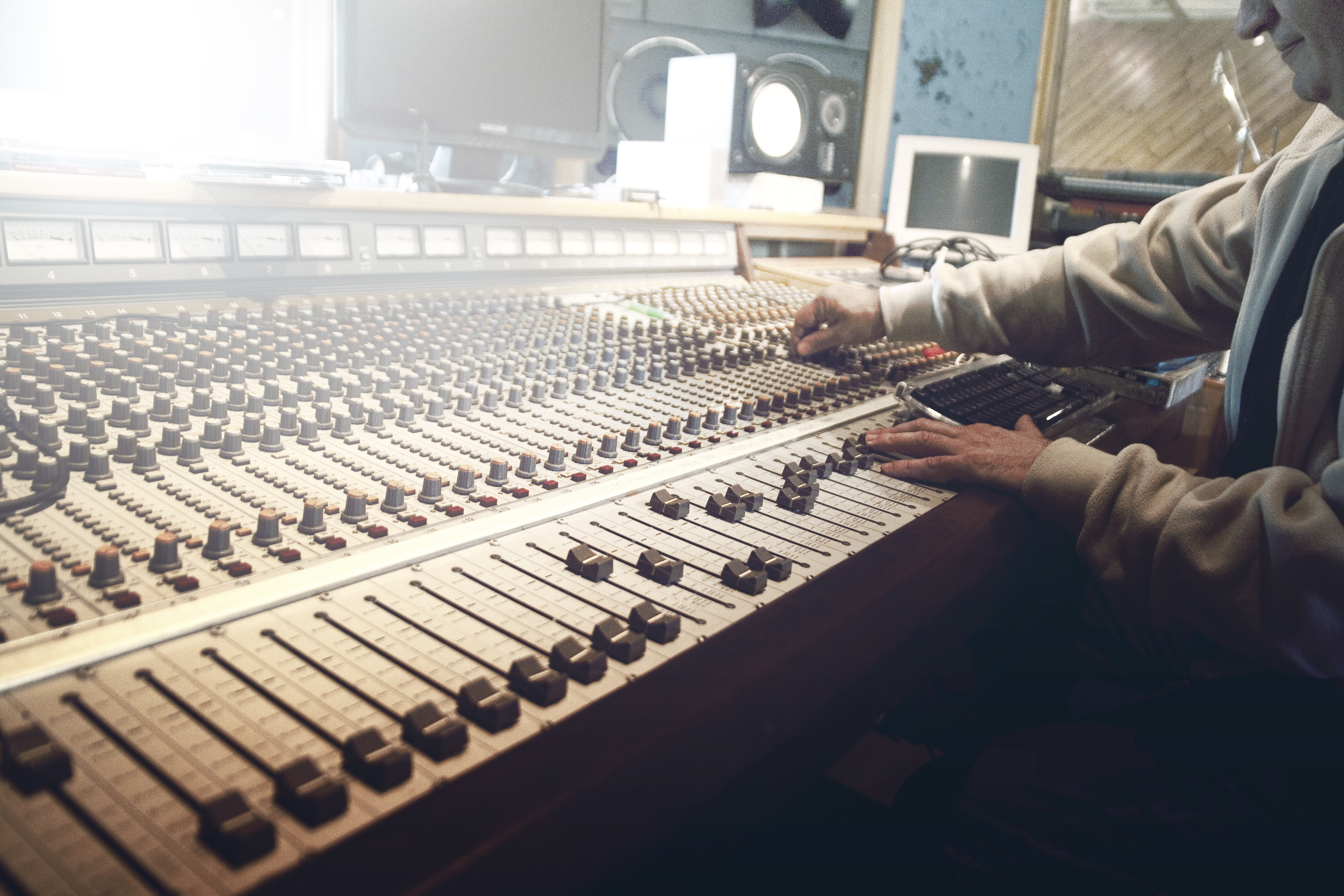
You won’t get it right the first time. You probably won’t get it right the second time. Keep recording takes. Another good rule of thumb is to always be recording, practice takes and all. The more takes you have recorded, the better your chances are of creating the best possible song. Remember that you can’t add what’s not there but you can combine various takes once you’re done recording to create the production quality you have in mind.
Relying too much on autotune

After you’ve recorded the music, use autotune lightly. Listeners can tell if you’re relying on it too much, and it will make your vocalist look unskilled and probably make you look like an unskilled producer. If you aren’t satisfied with the quality of your vocals, talk with your vocalist about different things you can try out to record better takes.
Using Effects unnecessarily
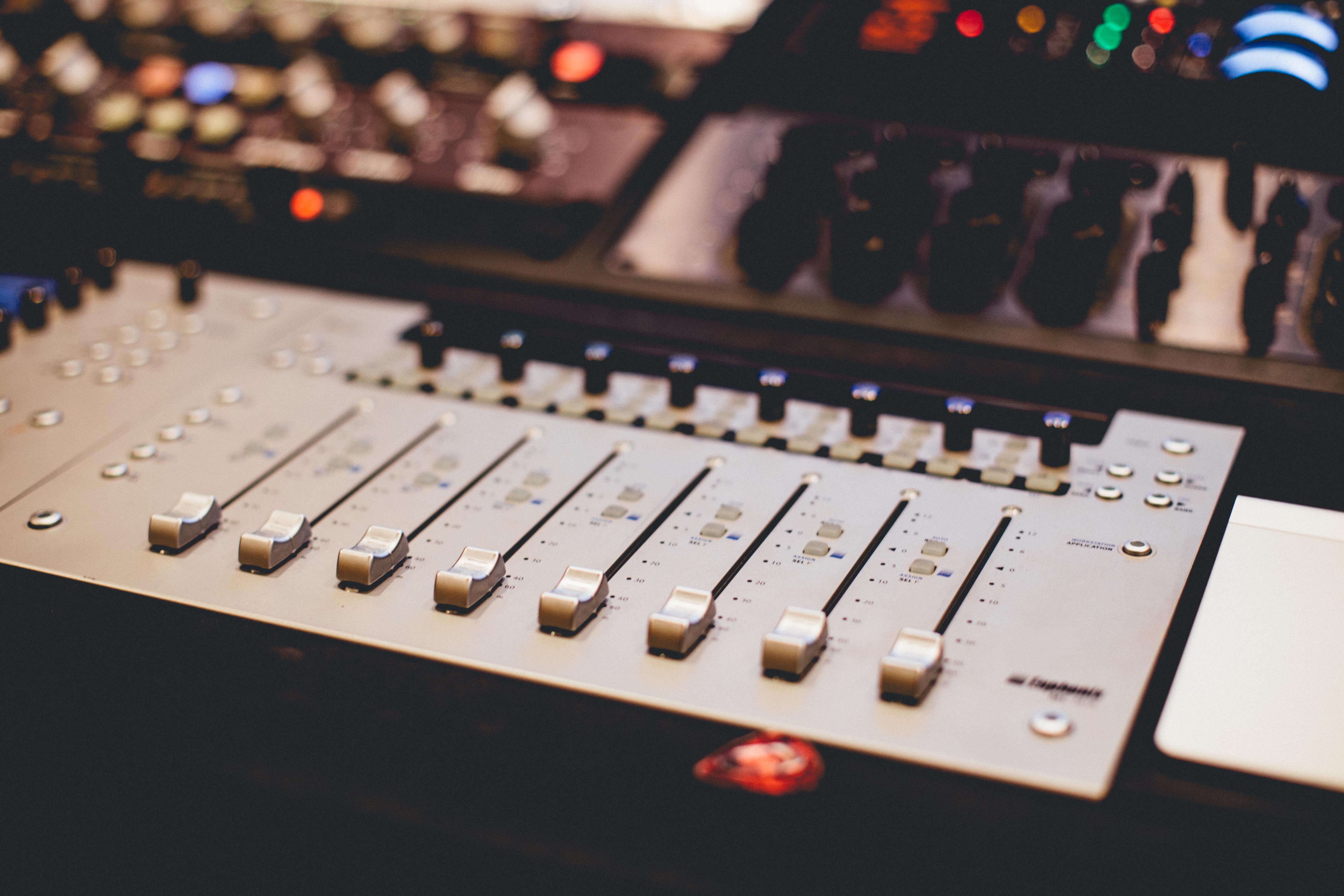
If you have high quality preamp, you probably don’t even need to use EQ. For things like jazz and folk music, compression can make the track sound like a disaster. 2-4 dB compression is ideal for pop and rock tracks. Hard compression can work well for some really skilled producers/engineers. But you probably need to focus on getting the best dry recording you possibly can and then add in your dynamic and time based effects during mixing.
Letting the singer take control

As the producer, you should be in control. You call the shots regarding microphone choice, how close the vocalist is to the microphone, how many takes you need, etc. The vocalist’s job is to sing well. That’s all. You’re in charge of capturing the song and turning it into something. If you’re recording your own vocals, make sure you try to assess your work from the perspective of a music producer, rather than from the perspective of a signer.
Recording vocals alongside bad instruments
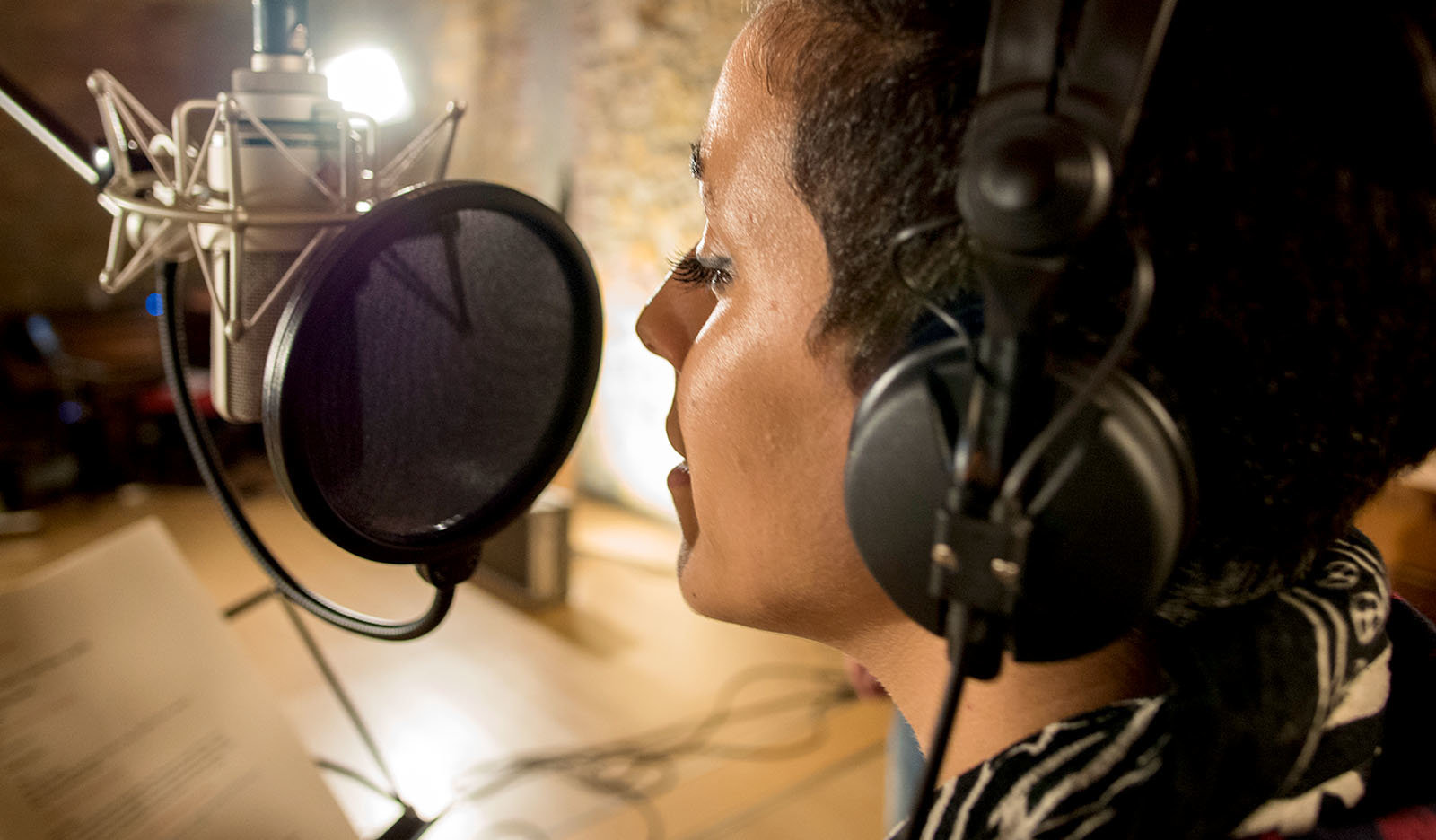
If you’re recording both vocals and instrumental music, make sure all of your instruments are tuned. This may seem like common sense, but you’d be surprised how many intermediate producers who are focused on the vocalist neglect to make sure they’re using the right instruments that are adequately tuned. Make sure your instruments don’t overpower the vocals in the production stage too.
Expecting the whole process to go smoothly
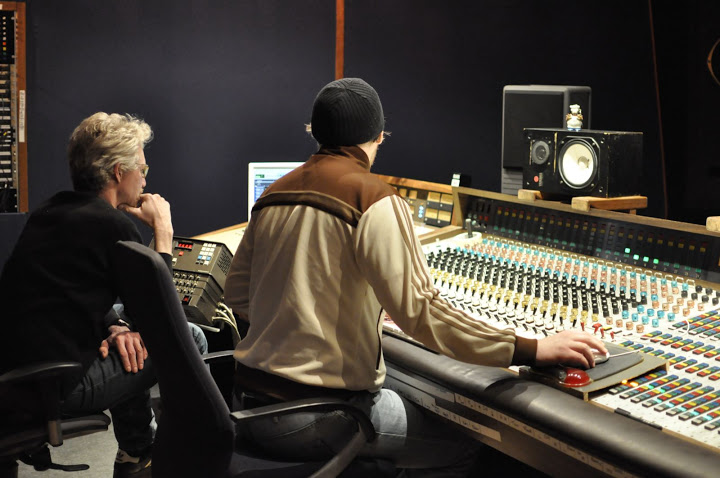
As mentioned, you should expect to do a number of takes. You might have to get on the vocalist’s case about where they’re standing and even how they’re singing (if you know they could be providing better vocals). Recording vocals isn’t easy. There are a number of variables you have to pay attention to in order to get the end result you want. Have patience and be ready to have to deal with the unexpected. Producing the track you want isn’t impossible. It just takes some hard work, creativity, and resourcefulness.

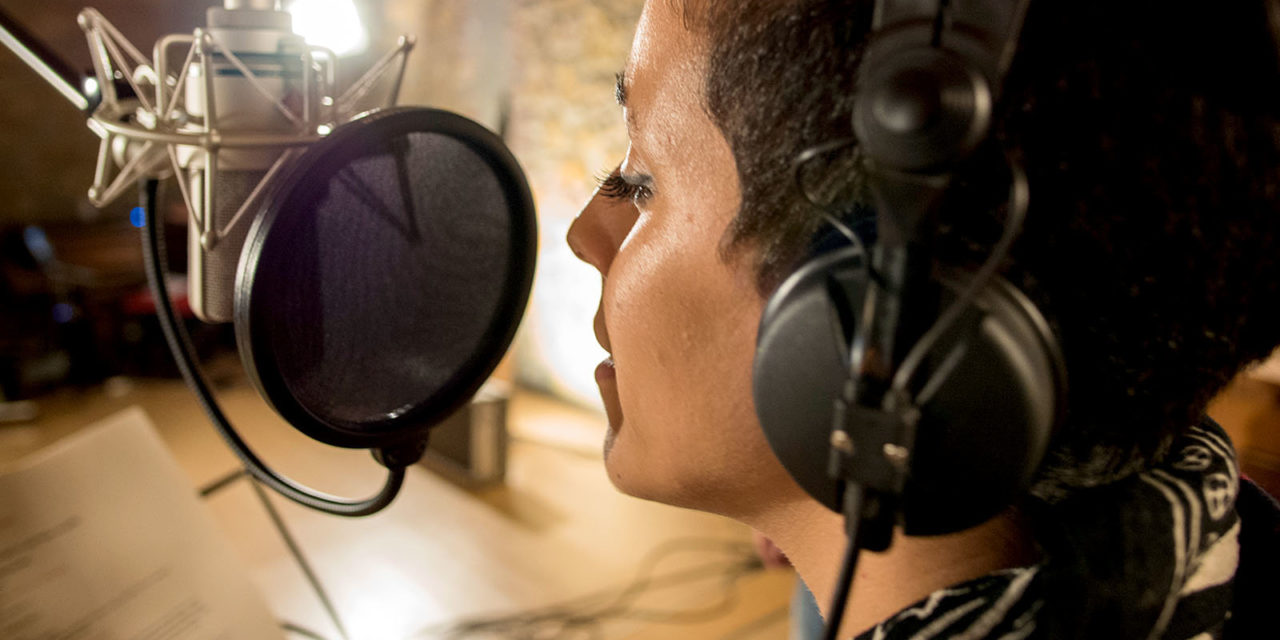
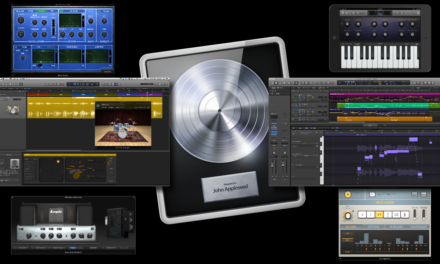
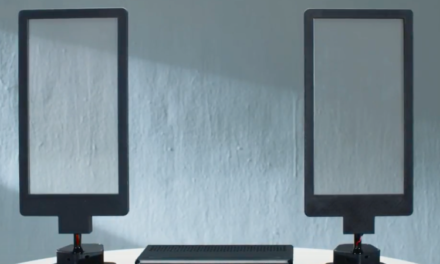
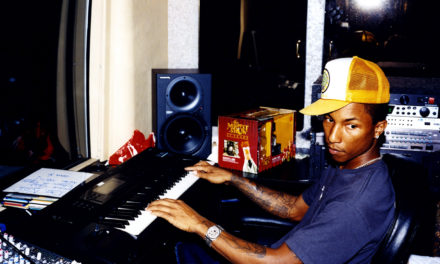

Recent Comments